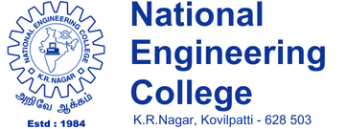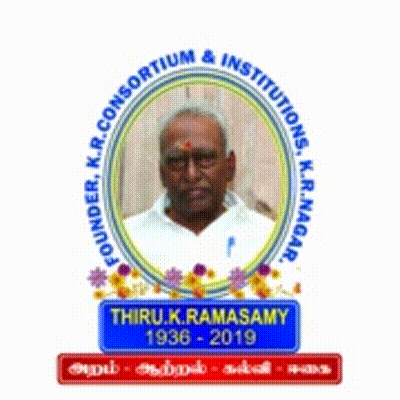DEPARTMENT OF MECHANICAL ENGINEERING
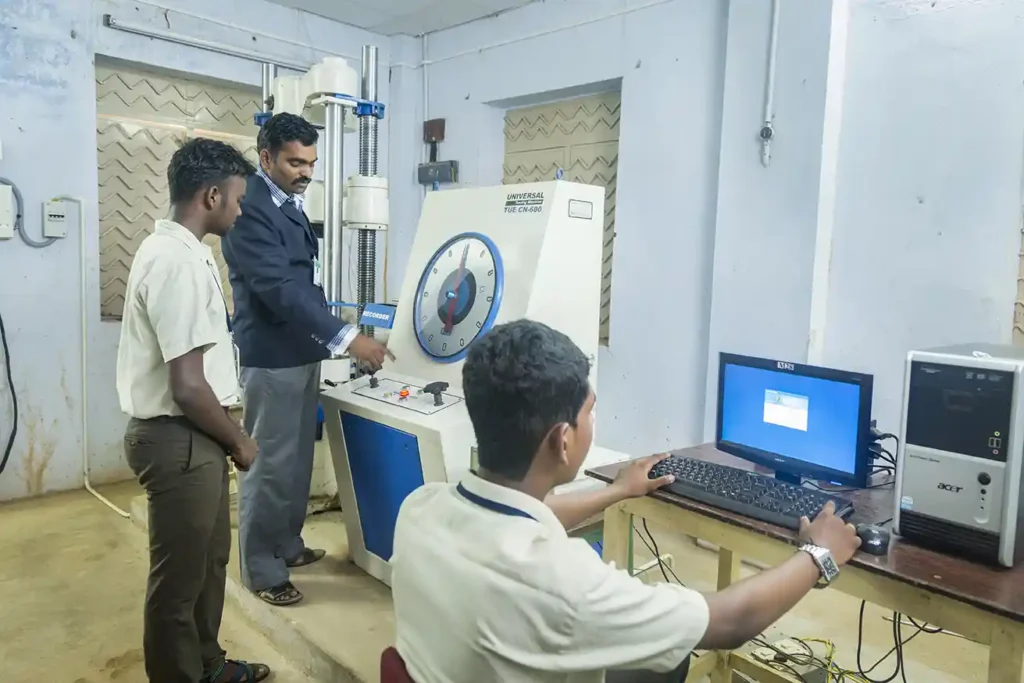
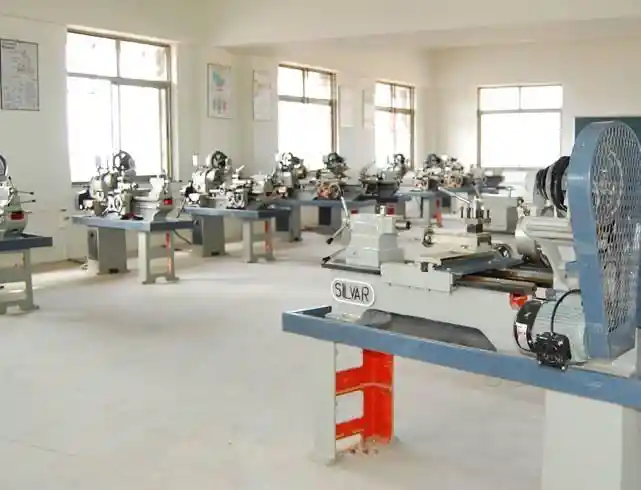
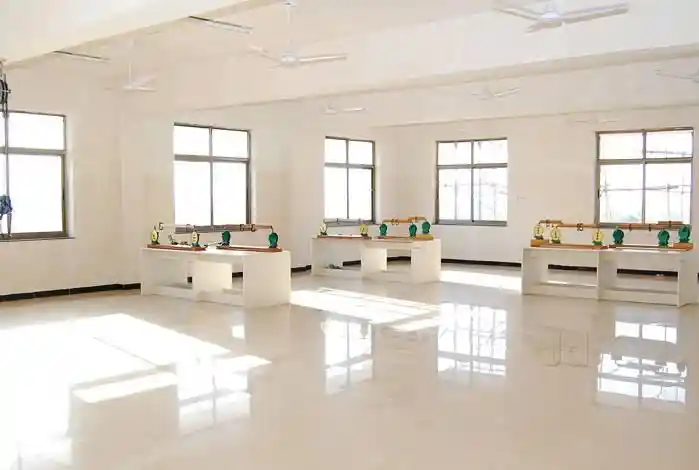
About the Department
The Department of Mechanical Engineering is established in the year 1984. The department has qualified and experienced faculty members with industrial and research backgrounds to achieve excellence in academic and research activities. NBA has accredited the department since 2000, and presently accredited under the Tier – I category. The department is recognized as a Research Centre by Anna University, Chennai. The department has fetched research projects worth Rs. 1.72 crores from various agencies such as DST, BRNS and AICTE etc,. The department has 12 Ph.D qualified faculty members and all of them are recognized as Research Supervisors by Anna University Chennai. So far, 35 Scholars have completed their PhD from Research Center, and 12 scholars are currently doing research. The CDIO lab has been established in the department in 2016 for new product development activities. More than 36 products were developed, among which five were commercialized. The department has published five Patents and twelve under process.
Vision
Producing globally competitive Mechanical Engineers with social responsibilities.
Mission
- Imparting quality education by providing excellent Teaching-Learning environment.
- Inculcating qualities of continuous learning, professionalism, team spirit, communication skill and leadership with social responsibilities.
- Promoting leading-edge research and development through collaboration with academia and industry.
Salient Features
- Thirty-eight years old well established department.
- Accredited by NBA since 2000 and under Tier – I from 2016.
- Anna University has been recognized as Research Centre for pursuing a PhD degree in Mechanical Engineering since 2006.
- Research supervisors for guiding PhD- research scholar.
- Quality Academic Research and Publications in reputed Journals.
- Reviewers in various reputed International Journals and Books.
- Consistent Placement Records.
- Industry Interaction through MOU / Industry Know-How / Internships.
- Well Established Alumni Network.
- State Art Laboratory for Research works in Composite Materials and Renewable energy.
- Highly Qualified Faculty members with Good Retention.
Academic Programmes
UG – Year of Establishment – 1984
Student Strength – 60
PG – Year of Establishment – 2004
Student Strength – 6
PhD – Year of Establishment – 2006
Scholars
Full-time – 2
Part-time – 10
Awarded – 35
Faculty (List with Vidwan link)
| S.No | Name of Faculty | Designation | Vidwan ID | Profile URL IDvidwan portal |
|---|---|---|---|---|
| 1 | Dr Iyah Raja.S. | Professor and Head | 211414 | https://vidwan.inflibnet.ac.in/profile/211414 |
| 2 | Dr K.Manisekar | Professor and Dean (I&E) | 286307 | https://vidwan.inflibnet.ac.in/profile/286307 |
| 3 | Dr Venkatkumar.D. | Professor | 289017 | https://vidwan.inflibnet.ac.in/profile/289017 |
| 4 | Dr Harichandran. R. | Professor | 286954 | https://vidwan.inflibnet.ac.in/profile/286954 |
| 5 | Dr Kathiresan.M | Asso.Professor | 289091 | https://vidwan.inflibnet.ac.in/profile/289091 |
| 6 | Dr Sankar. I | Asst.Professor (SG) | 286245 | https://vidwan.inflibnet.ac.in/profile/286245 |
| 7 | Dr Vigneshkumar.D | Asst.Professor (SG) | 286920 | https://vidwan.inflibnet.ac.in/profile/286920 |
| 8 | Dr Ramanan. P | Asst.Professor (SG) | 289020 | https://vidwan.inflibnet.ac.in/profile/289020 |
| 9 | Dr Michael Thomas Rex. F | Asst.Professor (SG) | 286417 | https://vidwan.inflibnet.ac.in/profile/286417 |
| 10 | Dr Andrews.A | Asst.Professor (SG) | 289143 | https://vidwan.inflibnet.ac.in/profile/289143 |
| 11 | Dr.K.Thoufiq Mohammed | Asst.Professor (SG) | 289010 | https://vidwan.inflibnet.ac.in/profile/289010 |
| 12 | Dr C.Veera Ajay | Asst.Professor (SG) | 289027 | https://vidwan.inflibnet.ac.in/profile/289027 |
| 13 | Mr Prince Abraham. B | Asst.Professor | 289035 | https://vidwan.inflibnet.ac.in/profile/289035 |
| 14 | Ms. M. Rajeswari | Asst.Professor | ||
| 15 | Mr N. Muthu Saravanan | Asst.Professor | 289026 | https://vidwan.inflibnet.ac.in/profile/289026 |
Research
Publications (NOs) – 129 (Last five years)
Patents Published – 19
Patnets Granted – 5
Funded Projects (Rs) – ₹1.72Crores
Consultancy (Rs) – ₹ 5.22 Lakhs
Programme Educational Objectives (PEOs)
Programme educational objectives are broad statements that describe the career and professional accomplishments that the program is preparing graduates to achieve. After 3 to 5 years of completion of the graduation our,



Graduates will have successful profession in Mechanical / allied Industries or Research/Academics or business enterprise.

Graduates will broaden their horizons beyond Mechanical Engineering to address the societal and environmental concerns.

Graduates will have the attitudes and abilities of leaders to adapt the changing global scenario.
Program Specific Outcomes (PSOs)
Programme Outcomes (POs)
After the successful completion of Mechanical Engineering Program, the graduates will be able to,
1. Apply the knowledge of mathematics, science, engineering fundamentals and an engineering specialization in Mechanical Engineering to the solution of complex engineering problems.
2. Identify, formulate, research literature and analyze complex problems in Mechanical Engineering reaching substantiated conclusions using first principles of mathematics, natural sciences, and engineering sciences.
3. Design solutions for complex Mechanical Engineering problems and design system components or processes that meet the specified needs with appropriate consideration for the public health and safety, and the cultural, societal, and environmental considerations.
4. Use research-based knowledge and research methods including design of experiments, analysis and interpretation of data, and synthesis of the information to provide valid conclusions for complex Mechanical Engineering Problems.
5. Create, select, and apply appropriate techniques, resources and modern engineering and IT tools including prediction and modeling to complex Mechanical Engineering activities with an understanding of the limitations.
7.Understand the impact of the professional engineering solutions in societal and environmental contexts and demonstrate the knowledge of and need for sustainable development.
8.Apply ethical principles and commit to professional ethics and responsibilities and norms of the engineering practice.
9.Function effectively as an individual and as a member or leader in diverse teams and in multidisciplinary settings.
10.Communicate effectively on complex engineering activities with the engineering community and with society at large such as being able to comprehend and write effective reports and design documentation, make effective presentations and give and receive clear instructions.
11.Demonstrate knowledge and understanding of the engineering and management principles and apply these to one’s own work, as a member and leader in a team, to manage projects and in multidisciplinary environments.
12.Recognize the need for and have the preparation and ability to engage in independent and life-long learning in the broadest context of technological change.
Our Recruiters
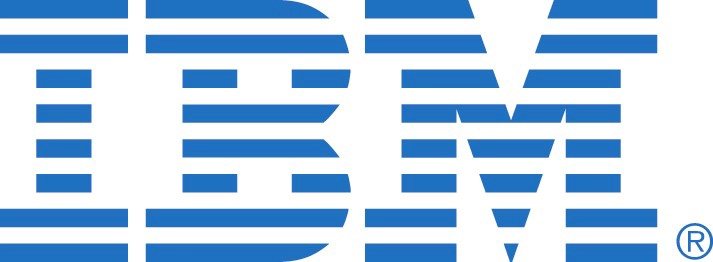




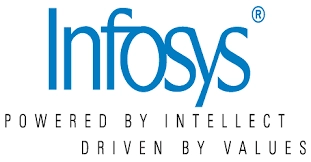

Contact Us
The Head of the Department,
Department of Mechanical Engineering,
Contact mail id: [email protected]
